MicroPython Pyboard D-series with STM32F722 and WiFi/BT
Quantity Discounts:
- 6+ $61.59 (exc GST)
- 12+ $60.33 (exc GST)
Out of Stock
Sign up to get notified when it's available to order.
The concept for the D-series of pyboards is a miniature DIP-style form factor useful as both a standalone board and an embedded component for use in final products. On the underside is our WBUS header, a 40+40-pin mezzanine bus connector giving access to all power and IO ports in a highly compact form factor. The WBUS can be used to bring out the IO lines for easy access and prototyping, as well as providing a way to integrate the board into a larger system.
Disclaimer: At this stage not all hardware features of this board are accessible from the software side. In particular Bluetooth (both classic and BLE) is not yet available in the software. These features will be added over time.
The pyboard also provides native USB connectivity to provide direct and convenient access to the software running on the board. It can connect to your PC over USB, giving you a USB flash drive to save Python scripts and data files, and a serial Python prompt (a REPL) for instant programming.
The pyboard runs MicroPython, which is a complete re-write of the Python (version 3.4) programming language so that it fits and runs on a microcontroller. It includes many optimisations so that it runs efficiently and uses very little RAM.
MicroPython runs bare-metal on the pyboard, and essentially gives you a Python operating system. The built-in pyb and machine modules contain functions and classes to control the peripherals available on the board, such as UART, I2C, SPI, ADC and DAC. Watch this video for an overview of the original pyboard.
There are 4 main ways to control the pyboard:
- REPL: Connecting to your PC via USB, the board appears as a USB virtual comms port (CDC VCP) and you can use any serial program to connect and get a Python REPL prompt. This allows you to instantly type and execute Python commands, just like you would when running Python on your PC. You can also redirect the REPL to any of the UARTs on the pyboard.
- Remote script: You can change from REPL to raw REPL mode by sending ctrl-A, and then in raw REPL mode you can send an arbitrary Python script to the board for it to execute immediately. A Python script is available which makes using this mode very simple: you just run python pyboard.py script_to_run.py and this will execute script_to_run.py on the pyboard, returning any output.
- From file: The pyboard has a small, built-in filesystem which lives in external flash memory. It also has an SD card slot if you want to extend the available storage. When you connect the pyboard to your PC, it appears as a USB flash storage device and you can access (mount) the internal filesystem and the SD card this way. If you copy a Python script to the filesystem and call it main.py then the board will execute this script when it starts up. This way you can run scripts without being connected to a PC. Scripts can also be pre-compiled to Python bytecode (so-called .mpy files) to enable faster loading at runtime.
- Via frozen code: Once an application has been developed it can be pre-compiled and frozen into the main firmware. This gives minimal overhead for RAM usage and start-up time. This is an advanced feature and requires you to recompile the C-based firmware.
To use the pyboard requires a micro USB cable. It works with Windows, Mac and Linux.
The main hardware features of this board are:
- STM32F722IEK microcontroller
- 216 MHz Cortex M7 CPU with single-precision hardware floating point
- 512KiB internal flash ROM and 256KiB internal RAM
- 2MiB external QSPI flash with execute capabilities to extend internal flash
- Additional 2MiB external QSPI flash for user filesystem and storage
- Integrated, high-performance WiFi and Bluetooth 4.1 (classic and BLE) via Murata 1DX module (with CYW4343)
- TCP/IP and Bluetooth stacks run on the main microcontroller, fully customisable
- On-board fractal chip antenna for WiFi and Bluetooth
- uFL connector for attaching external antenna, selectable via RF switch
- Micro USB connector for power and serial communication
- Micro SD card slot, supporting standard and high capacity SD cards
- Real time clock with highly accurate pre-calibrated external oscillator
- Physical electrical connectivity via 24 through holes, and a 40+40 pin mezzanine bus connector
- 46 independent GPIO, with 24 available via through holes
- Additional 11 GPIO shared with SD card, USB, USR button, BT audio
- 2x I2Cs, 4x UARTs, 3x SPIs, 1x CAN interfaces
- 3x 12-bit analog to digital converters (ADC), available on 16 independent pins
- 2x 12-bit digital to analog converters (DAC), available on 2 independent pins
- 1x 3-colour RGB LED
- 1 reset and 1 user button
- On-board 3.3V LDO voltage regulator to supply main microcontroller
- Additional, user switchable, on-board 3.3V LDO voltage regulator to power SD card and external components
- 2 mounting points
- Custom DFU bootloader for easy upgrading of firmware
For schematics please see here. For further documentation please see here.
Exact shipping can be calculated on the view cart page (no login required).
Products that weigh more than 0.5 KG may cost more than what's shown (for example, test equipment, machines, >500mL liquids, etc).
We deliver Australia-wide with these options (depends on the final destination - you can get a quote on the view cart page):
- $3+ for Stamped Mail (typically 10+ business days, not tracked, only available on selected small items)
- $7+ for Standard Post (typically 6+ business days, tracked)
- $11+ for Express Post (typically 2+ business days, tracked)
- Pickup - Free! Only available to customers who live in the Newcastle region (must order online and only pickup after we email to notify you the order is ready). Orders placed after 2PM may not be ready until the following business day.
Non-metro addresses in WA, NT, SA & TAS can take 2+ days in addition to the above information.
Some batteries (such as LiPo) can't be shipped by Air. During checkout, Express Post and International Methods will not be an option if you have that type of battery in your shopping cart.
International Orders - the following rates are for New Zealand and will vary for other countries:
- $12+ for Pack and Track (3+ days, tracked)
- $16+ for Express International (2-5 days, tracked)
If you order lots of gear, the postage amount will increase based on the weight of your order.
Our physical address (here's a PDF which includes other key business details):
40 Aruma Place
Cardiff
NSW, 2285
Australia
Take a look at our customer service page if you have other questions such as "do we do purchase orders" (yes!) or "are prices GST inclusive" (yes they are!). We're here to help - get in touch with us to talk shop.
Have a product question? We're here to help!
Guides
Writing Code Onto MicroPython Boards
Flash MicroPython Onto An ESP32
How to Debug MicroPython Code
The Maker Revolution
Projects
PiicoDev Ecosystem In Fritzing
10" Home Lab Testing Rack
WLED Hourglass Theatre Prop - DMX Over Wi-Fi!
Makers love reviews as much as you do, please follow this link to review the products you have purchased.

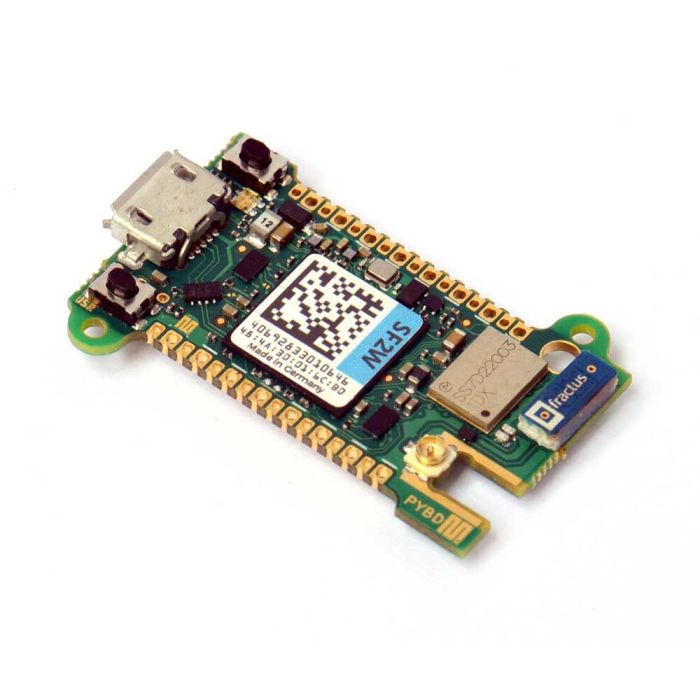

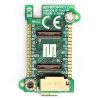

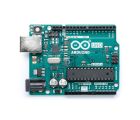
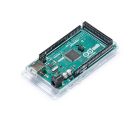






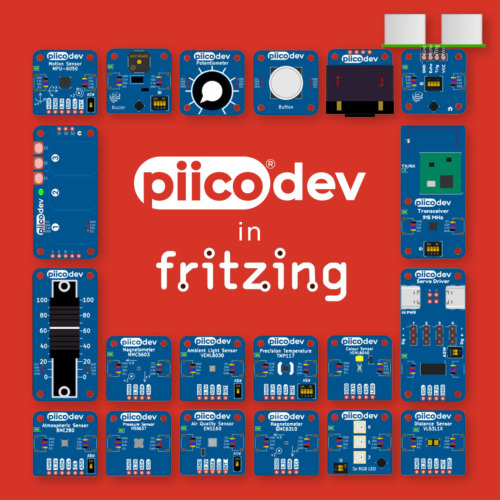
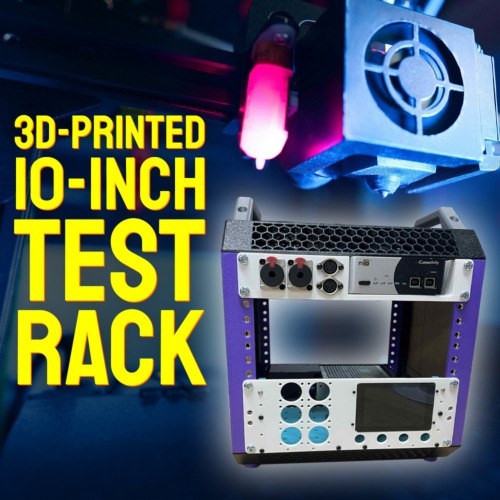


Product Comments